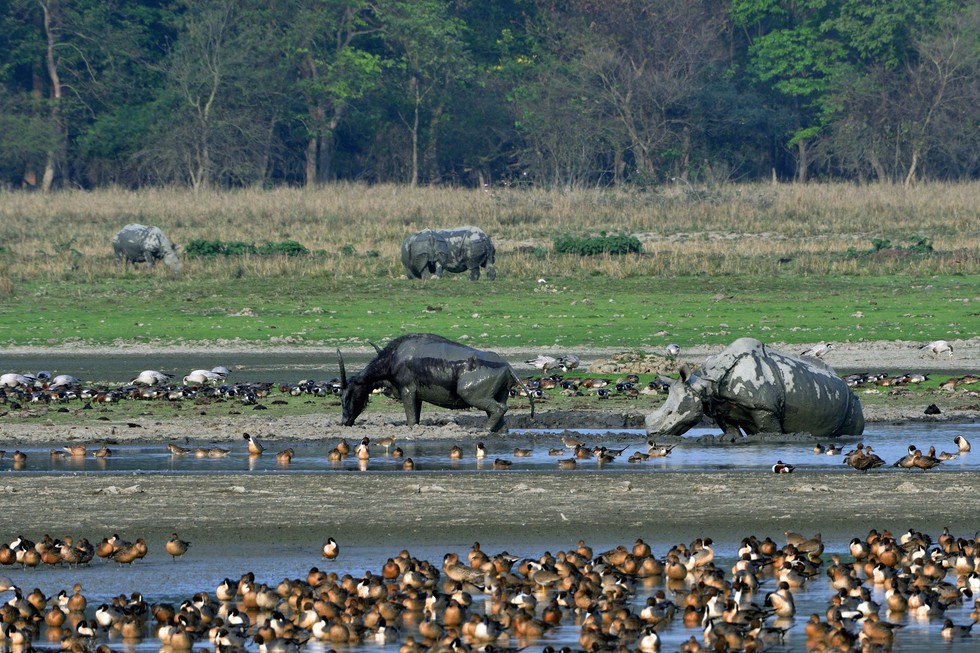About Nature Conservation Index:
- It is developed by Goldman Sonnenfeldt School of Sustainability and Climate Change at Ben-Gurion University of the Negev.
- The NCI is a data-driven analysis assessing each country's progress in balancing conservation and development.
- It is aimed at helping governments, researchers, and organisations identify concerns and enhance conservation policies for long-term biodiversity protection.
- This is the first-ever edition of the index which ranks countries based on their efforts vis-à-vis four pillars:
- Managing protected areas, addressing threats against biodiversity, nature and conservation governance, and future trends in a country’s natural resource management.
- Highlights
- India’s rank at the bottom is mainly attributed to inefficient land management and rising threats to its biodiversity.
- The assessment highlighted multiple threats to India’s biodiversity, including habitat loss and fragmentation caused by agriculture, urbanisation and infrastructural development, with climate change posing an additional risk.
- The top-ranking countries were Luxembourg, Estonia, and Denmark, with others including Zimbabwe and Costa Rica finding their way into the top 10.
